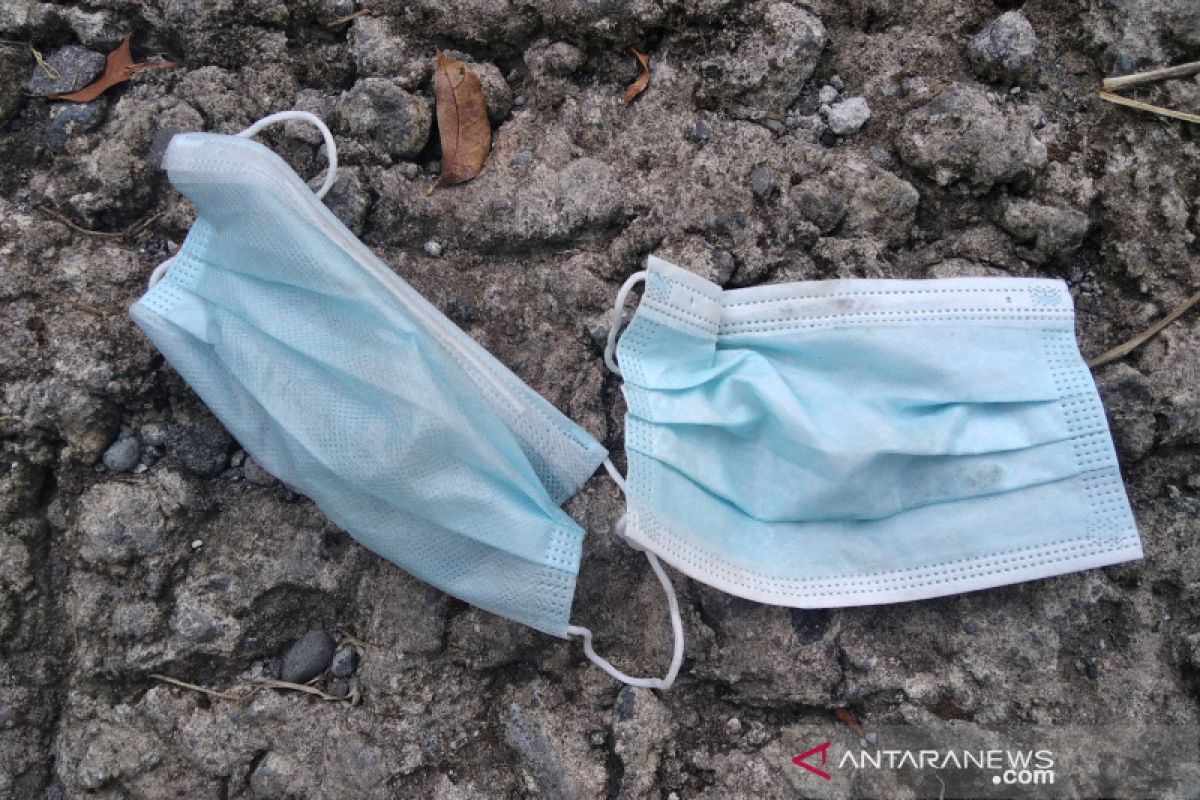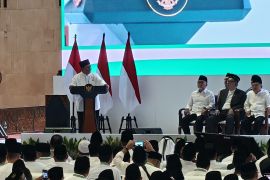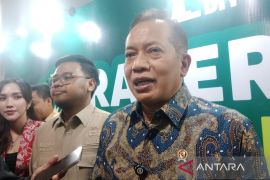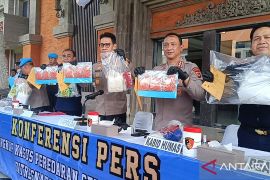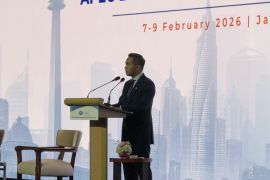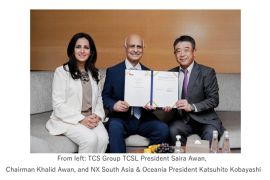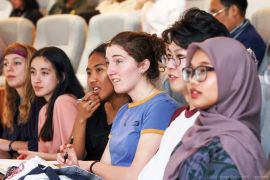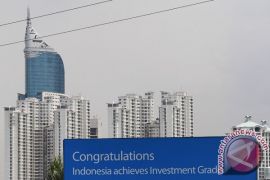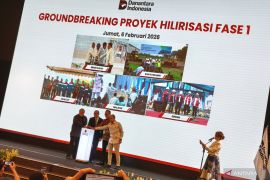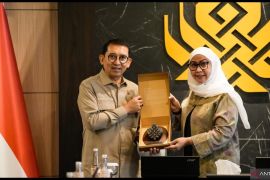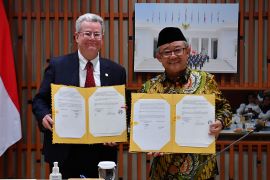These plastic pellets have commercial value because these plastic pellets are used as raw material for the plastic industryDKI Jakarta (ANTARA) - A researcher at the Indonesian Institute of Sciences (LIPI) is utilizing technology to turn face mask waste into an economically valuable product.
"Thus, what was once trash, with no value, can be converted into a product in the form of plastic seeds or pellets," Researcher from LIPI's Clean Technology Research (LPTB) Akbar Hanif Dawam Abdullah told ANTARA here on Saturday.
During the COVID-19 pandemic, Abdullah noted that the use of medical masks increased significantly, both by the public and health service facilities, in order to fight the COVID-19 pandemic.
Abdullah cautioned that in the event of improper handling, the medical mask waste will negatively impact the environment.
Related news: Minister outlines medical waste management plan amid pandemic
In order to prevent the waste from becoming detrimental to the environment, he opined that medicinal mask waste can be processed using extrusion technology.
He explained that single-use medical masks are made of plastic or polypropylene that can be turned into plastic pellets.
The researcher explained that plastic pellets can be produced by heating medical mask waste at a certain temperature.
"These plastic pellets have commercial value because these plastic pellets are used as raw material for the plastic industry," Abdullah noted.
Related news: Environment ministry sees significant improvement in waste management
Abdullah stated that these plastic pellets can then be processed into economically valuable products, such as pots, trash containers, and buckets.
In addition to LIPI, the National Research and Innovation Agency (BRIN) has developed several technologies to process and recycle medical waste produced due to the COVID-19 pandemic.
According to agency's chairman, Laksana Tri Handoko, one of these technologies is a small-scale mobile medical waste processor.
The small-scale mobile waste processor can be used in residential areas with small populations and low volumes of waste.
Related news: Mixing vaccines for booster dose acceptable: Health Minister
Related news: BMKG warns pressing need for authorities to mitigate climate change
Translator: Martha S, Fadhli Ruhman
Editor: Fardah Assegaf
Copyright © ANTARA 2021
